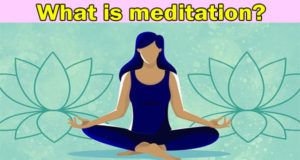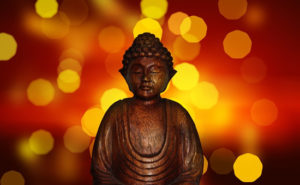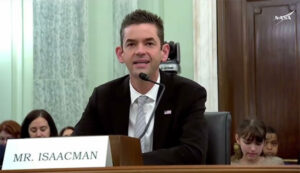
It is said in the Dhamma that “the one who does good will always live in happiness.” Many people in today’s society think that what is good is bad for all. It does not align with the ideas and views expressed in the Dhamma.
There are many contradictions in using one’s entire life span and applying the ideas of Dhamma to the narrow limits. If a good person does some good, he hopes that the good he has done will outweigh all the evil he has done. This is a misconception. A person’s life is determined by what he or she does during his lifetime. It is a matter which should be well kept in mind.
If one lives happily for the rest of his life, it is only if his mental thoughts are connected with it. Some people keep the bad intentions in mind and pretend to be good to the world. But it would be a mistake not to assume that every good deed he does is preceded by his own thoughts.
Religion says, “He who does deeds is happy with the world” must have good intentions for every action. The person is manipulated by the motive. He himself knows the correctness of his intentions. Therefore, if one says that what is good and bad in society is bad, then those who say it should think again and again. This is because the religion correctly teaches that the Master is Himself.
People in society often think that they deserve everything they wish. He doesn’t care about the whole society. He thinks only about his own desires and needs. Not thinking about others. Such people always live in a society of dissatisfied minds. The reason is that one has to ask himself.
It is not advisable to go through it all at once, even if you realize that an action is right. It is also worth examining how others in the social environment think about the event. A person who is not looking at it can not coexist with society.
Nandika, Ananda and Anuruddha Theras preach and meditate in the forest of Gosinha. They live a long time in unity and peace. One day the Lord Buddha comes to them.
The three of you are bodies, ideas, and thoughts. They ask how to live in peace and harmony in this forest.
“Blessed Lord! When I think of doing something, I wonder how the other person feels about this thing before doing it. He will think, say, and so forth and I will do the same. Then we are three in the body, but one in the thoughts. As such, there is unity and peace among us. Disagreements do not prevail. When Nandika Thera replied, the Buddha gave him the evidence. Other monks, when asked the same question, answered the same thing.
This case illustrates a very good approach on how to preserve unity among people and how to maintain unity. This means that even though there may be different opinions among a group of people, it is imperative that you consider the actions of a person. Failure to do so will result in a loss of peace and harmony. Emotional happiness also runs away from the person.
This shows that one must constantly think about the external environment rather than self. Many people try to think only of themselves and of their stomachs, which can lead to chaos. It is for its own good and for the misconduct of the society in which it lives.
Just as something is craved with desire, greed, so too will be the pain and suffering. If not, there will be no pain or suffering. A person who wishes to live a life of satisfaction in society must always live with a clear thought. There is no escape for oneself, even for the court or society. If one believes that there is a God or Brahman who forgives his sins, that is a great myth. It is a way of pulling the person over and over again and again and again. That is why it is important to look beyond what others have said and do.






